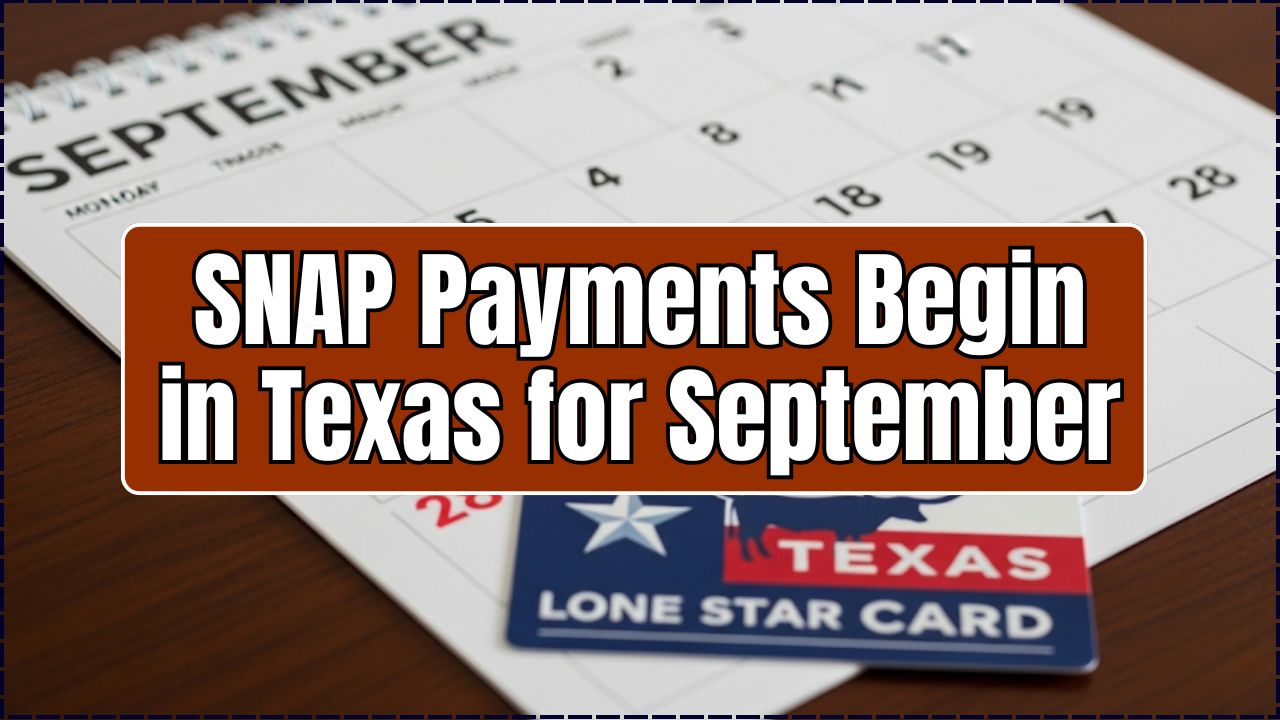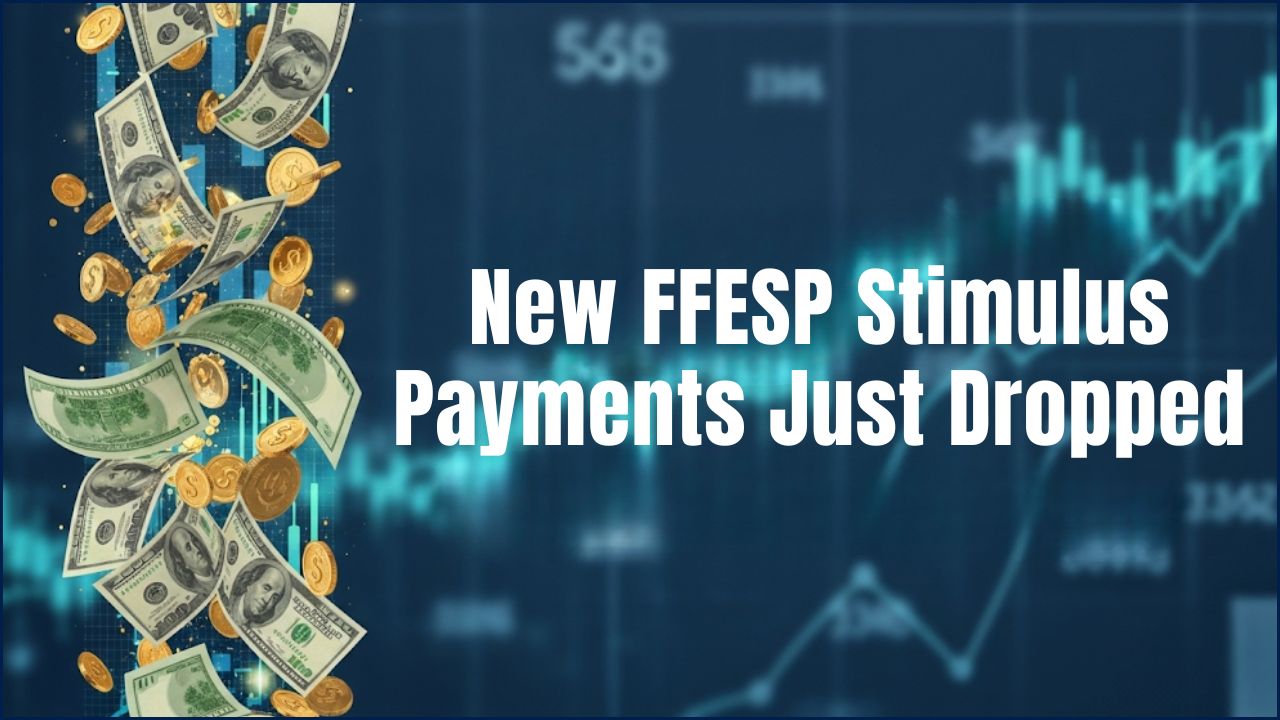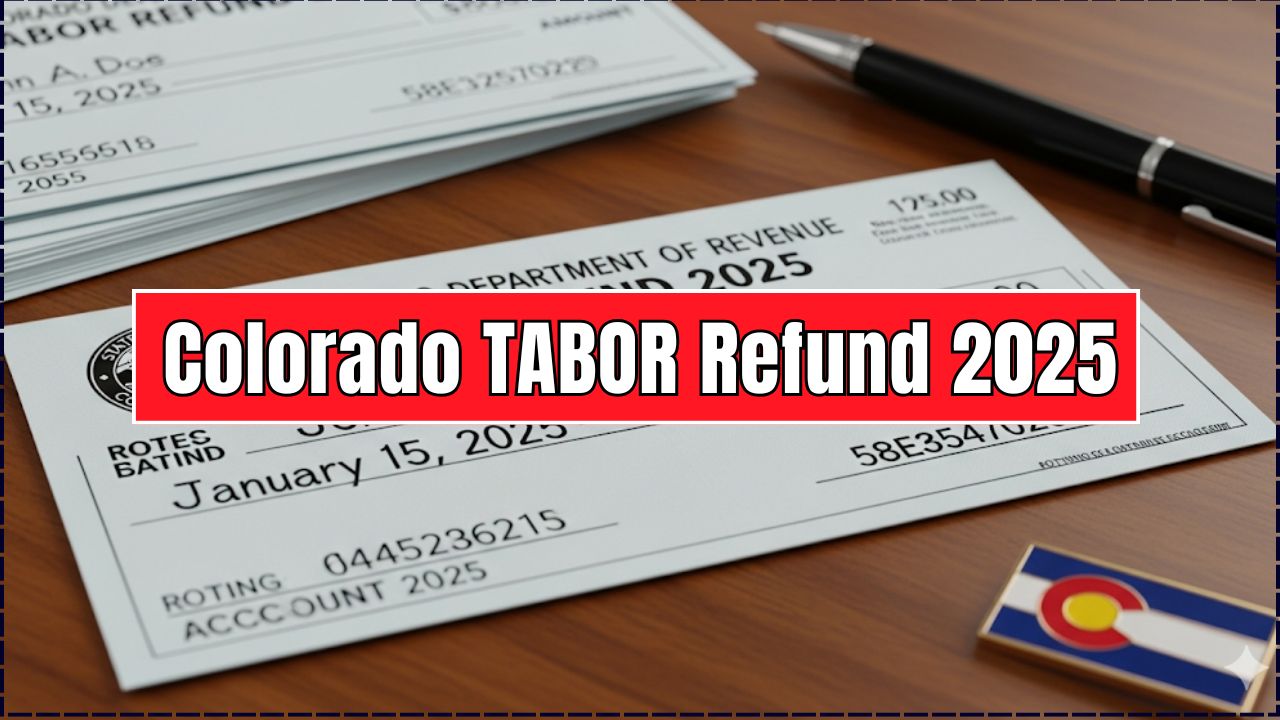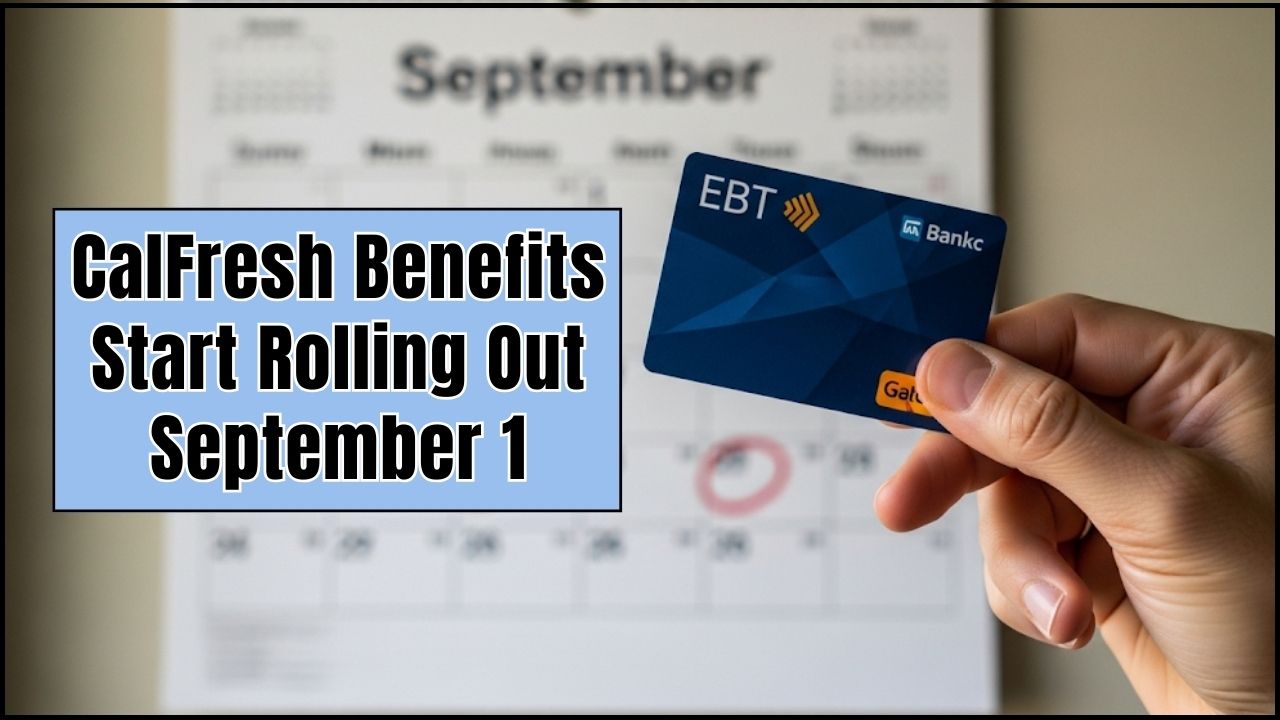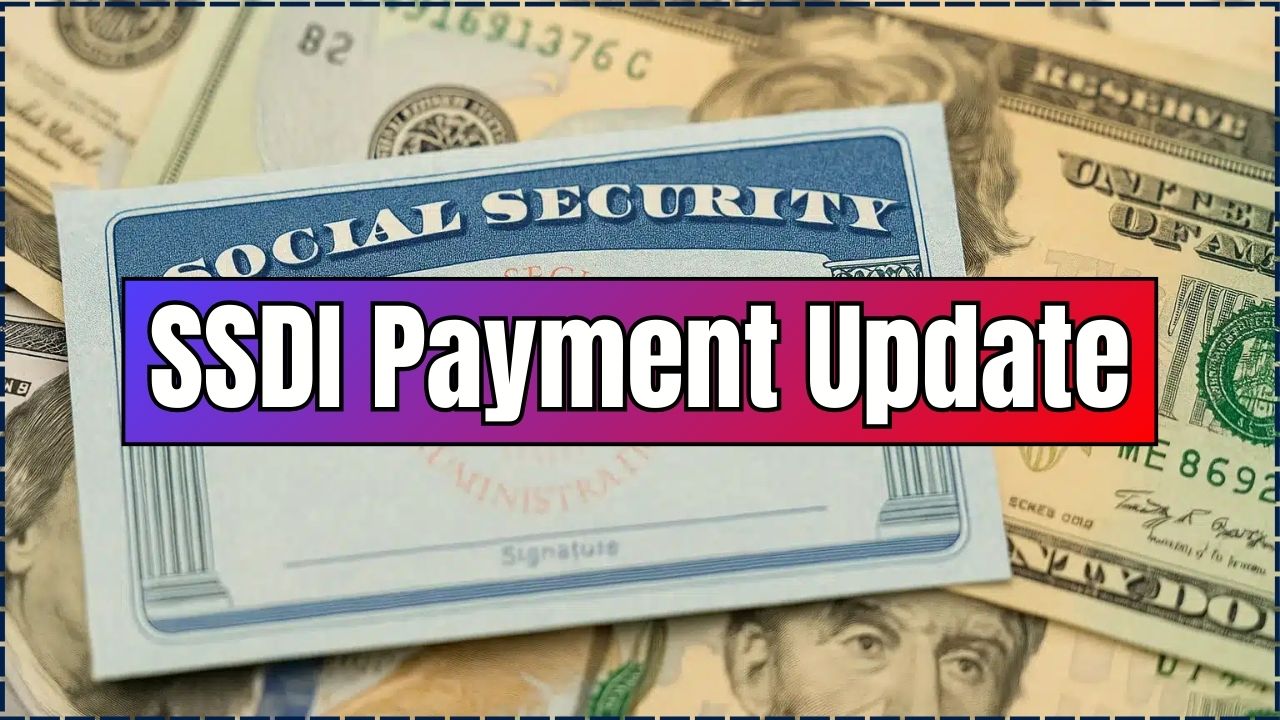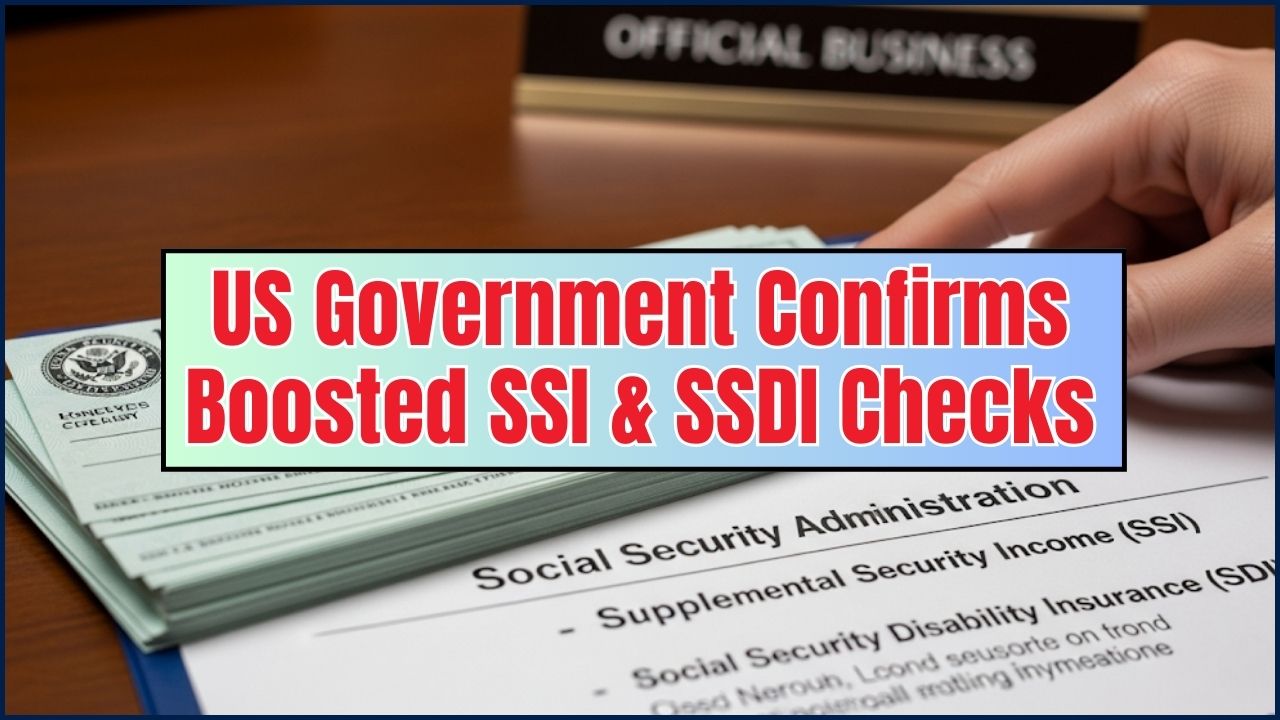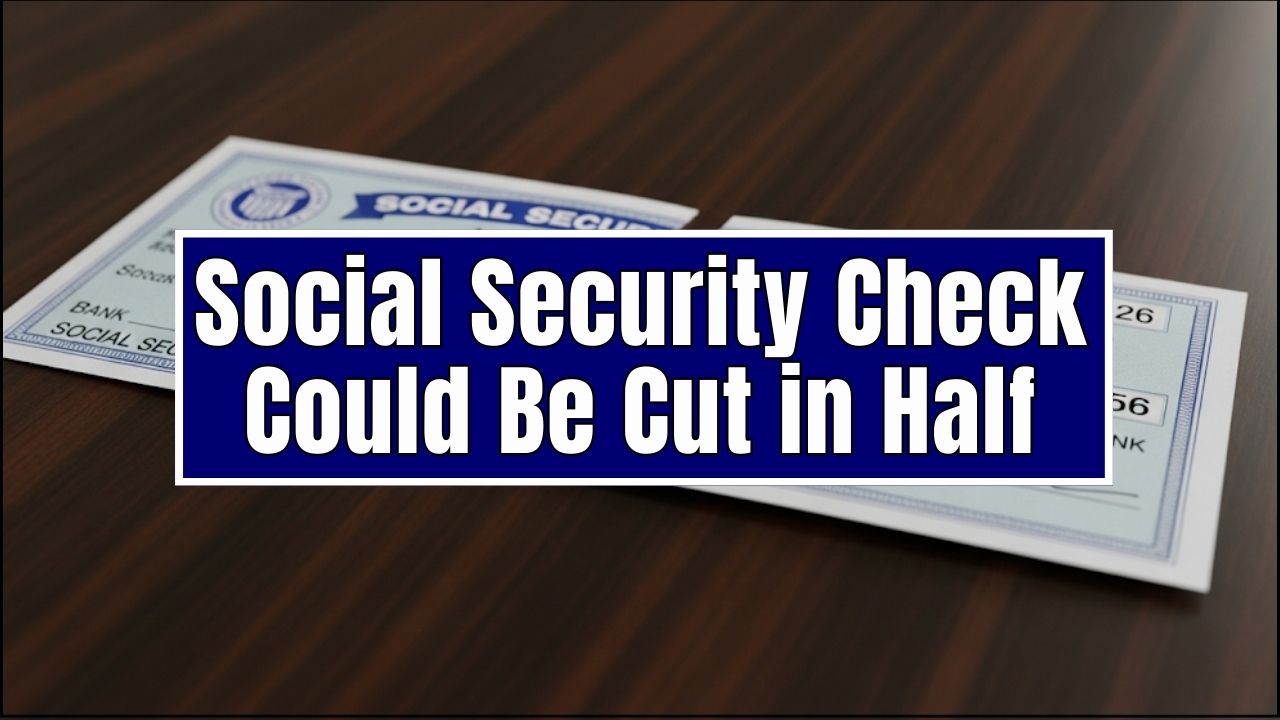If you’ve been on TikTok, Instagram, or Facebook lately, chances are you’ve seen posts screaming that “the IRS is sending out extra refunds!” or that “new $2,000 stimulus checks are dropping this August.” Sounds great, right? Who wouldn’t want a surprise deposit from Uncle Sam?
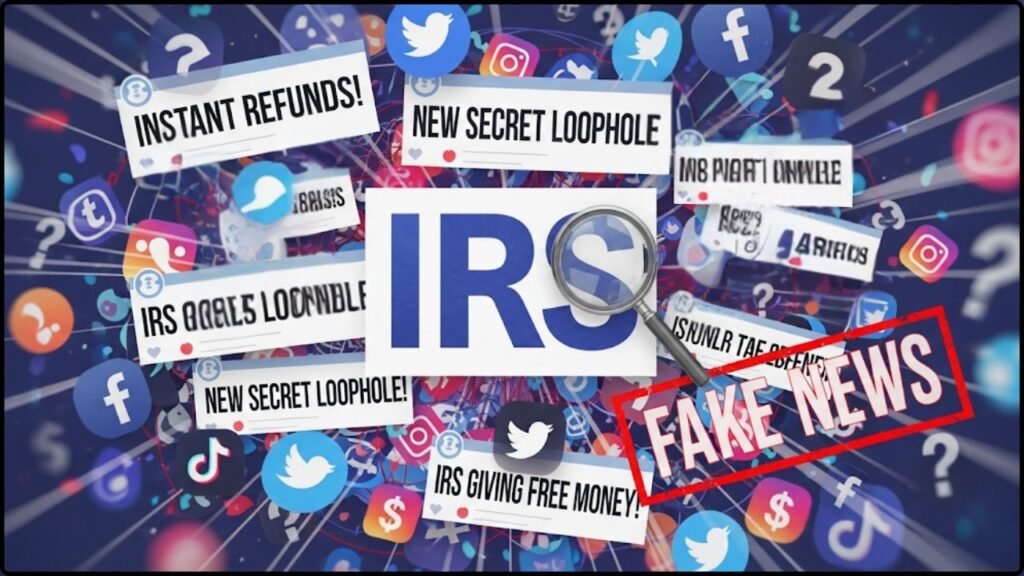
But here’s the truth bomb: the IRS is not sending out any extra refunds or new stimulus checks in 2025. These viral claims are misleading at best—and dangerous at worst. Let’s break down why these rumors keep popping up, what’s really happening, and how you can protect yourself and your money.
Social Media Claims the IRS Is Issuing Extra Refunds
| Topic | Details |
|---|---|
| Viral Claim | Social media posts say the IRS is issuing “extra” refunds or $2,000 stimulus checks. |
| Reality | No such program exists. The IRS has not announced new refunds beyond regular tax refunds. |
| Risk | Filing based on false claims can trigger audits, penalties (up to $5,000), or even criminal charges. |
| Official Source | IRS.gov – the only official source for updates. |
| What’s Legit | Regular tax refunds, Recovery Rebate Credits (from 2021), and official IRS programs. |
| Average Refund 2024 | $3,054 (IRS statistics) – but only if you filed taxes honestly. |
At the end of the day, social media is great for dance trends, sports clips, and memes—but not for tax advice. The IRS is not sending out extra refunds or new stimulus checks in 2025. The only safe way to get refund updates is through IRS.gov or by speaking with a trusted tax professional.
Don’t let clickbait promises of “free money” put your wallet or identity at risk. Stay informed, stay sharp, and keep your finances secure.
Why These Claims Go Viral
Let’s be real—Americans love the idea of “extra cash.” During the COVID-19 pandemic, stimulus checks became a lifeline for millions. In fact, the IRS distributed over 476 million Economic Impact Payments totaling more than $814 billion from 2020–2021.
So, when folks see clickbait headlines like “IRS Approves $1,390 Direct Deposits” or “Special Refund Program for August 2025”, it feels believable. Add in flashy TikTok videos and Facebook shares, and boom—you’ve got a rumor spreading faster than wildfire.
The Truth: What the IRS Actually Says
According to official statements:
- There are no new stimulus checks. The last ones were part of COVID relief and ended in 2021.
- Regular refunds are still being processed if you filed taxes, but there’s no “bonus refund” program.
- Some taxpayers might still receive delayed Recovery Rebate Credits from prior years, but these are tied to older returns—not new handouts.
A Bit of History: Real Refunds vs. Rumors
To understand the confusion, let’s look back:
- Typical Refunds: About 75% of U.S. taxpayers get a refund each year. In 2024, the average refund was $3,054.
- Stimulus Checks (2020–2021): Payments of $1,200, $600, and $1,400 per eligible person. These were one-time relief efforts authorized by Congress.
- Now (2025): No new relief programs have been passed. Refunds today are only from your annual tax filings.
That’s it. No secret “bonus refund” codes, no surprise checks.
The Dangers of Believing Fake Refund Claims
Here’s why you should think twice before jumping on these rumors:
- Scams with Fake W-2s: Some posts tell people to inflate income or withholding to trick the IRS into issuing bigger refunds. Bad idea. The IRS cross-checks all W-2s with employer records.
- Fines & Penalties: Filing false returns can hit you with a $5,000 fine plus interest.
- Frozen Refunds: If your return looks shady, the IRS can freeze it for months while they investigate.
- Identity Theft: Fake websites and phishing scams trick people into sharing their Social Security numbers or bank info. That’s when scammers drain accounts.
Think of it this way—it’s like playing poker with marked cards. The house (IRS) always wins.
Social Media Claims vs. Official IRS Information
| Feature | Social Media Claims | Official IRS Information |
| Source of Information | Unverified posts, viral videos, and unofficial groups. | IRS.gov, IRS news releases, and official publications. |
| “Extra Refund” | Suggests a hidden government program or secret credit. | No such program exists. Refunds are based on your tax return. |
| How to Claim | Often directs you to file a specific, unusual form or enter a fake employer/wage. | Requires filing an accurate tax return, using correct information. |
| Outcome | Can lead to a delayed refund, an audit, or even penalties and interest. | Fast processing (especially with e-file and direct deposit) and a correct refund. |
Practical Advice: How to Stay Safe
1. Verify Everything on IRS.gov
If you hear about “new refunds,” head straight to the official IRS Newsroom. If it’s not there, it’s fake.
2. Use Where’s My Refund?
This tool lets you check your refund status in real time. Forget TikTok rumors—use IRS.gov/refunds.
3. Protect Your Info
The IRS will never text, email, or DM you for bank details. If someone asks for that, it’s a scam.
4. Educate Your Family
Older relatives are often the biggest targets. Share this guide with them so they don’t get caught in a trap.
Step-by-Step Guide: How to Check Your Refund
- Go to IRS.gov/refunds.
- Enter your Social Security Number, filing status, and exact refund amount.
- Hit “Submit” to see your refund’s status.
- Remember: The IRS updates the system once a day, usually overnight.
Case Study: John vs. The Fake Refund
Let’s put this into a real example.
- John sees a Facebook post: “IRS Approves $2,000 Refund Checks This Month.”
- He clicks the link, which looks official but isn’t IRS.gov.
- The site asks for his Social Security number and routing number.
- Two weeks later, John’s bank account is drained, and his identity is stolen.
Lesson? Always stick to official IRS resources.
Top 3 Tax Refund Myths to Avoid
Myth #1: There is a secret tax credit you can claim to get more money back.
The Reality: The IRS does not have secret tax credits. All available credits and deductions are public knowledge and listed on the IRS website.
Myth #2: You can get a refund by listing a fake employer or claiming a tax form you didn’t receive.
The Reality: The IRS uses automated systems to cross-reference your submitted forms (like your W-2) with information from your employer. Any discrepancies will flag your return for review, causing a significant delay or audit.
Myth #3: Social media advice is a quick and easy way to boost your refund.
The Reality: Following unverified advice from social media can lead you to file a fraudulent return, which may result in fines, penalties, and even criminal charges.
Real Programs That Still Exist
Not everything is fake. Here are legit programs:
- Tax Refunds: If you overpay taxes, you get your money back.
- Earned Income Tax Credit (EITC): Worth up to $7,430 for eligible families in 2025.
- Child Tax Credit (CTC): Up to $2,000 per child if you qualify.
These are real, legal, and worth exploring.
Real-World Case Study
Sarah, a single mom from Ohio, saw a viral video promising an “extra refund” for a special tax credit. The video instructed her to fill out a specific form using numbers she didn’t recognize. Excited about the possibility of an extra few thousand dollars, she followed the instructions. A month later, she received a letter from the IRS stating her refund was under review and asking for documentation for her claim. Her legitimate refund was frozen, and she had to spend weeks proving the claim was a mistake.
FAQs
Q1. Is the IRS really sending $2,000 checks in August 2025?
No. This claim is false. There’s no law or IRS program behind it.
Q2. Can I still get stimulus money I missed?
Yes, through the Recovery Rebate Credit for 2020 or 2021—if you qualify.
Q3. How do I know if my refund is real?
Check using the official Where’s My Refund? tool.
Q4. What if I shared info with a scam site?
Report identity theft immediately at IdentityTheft.gov.
